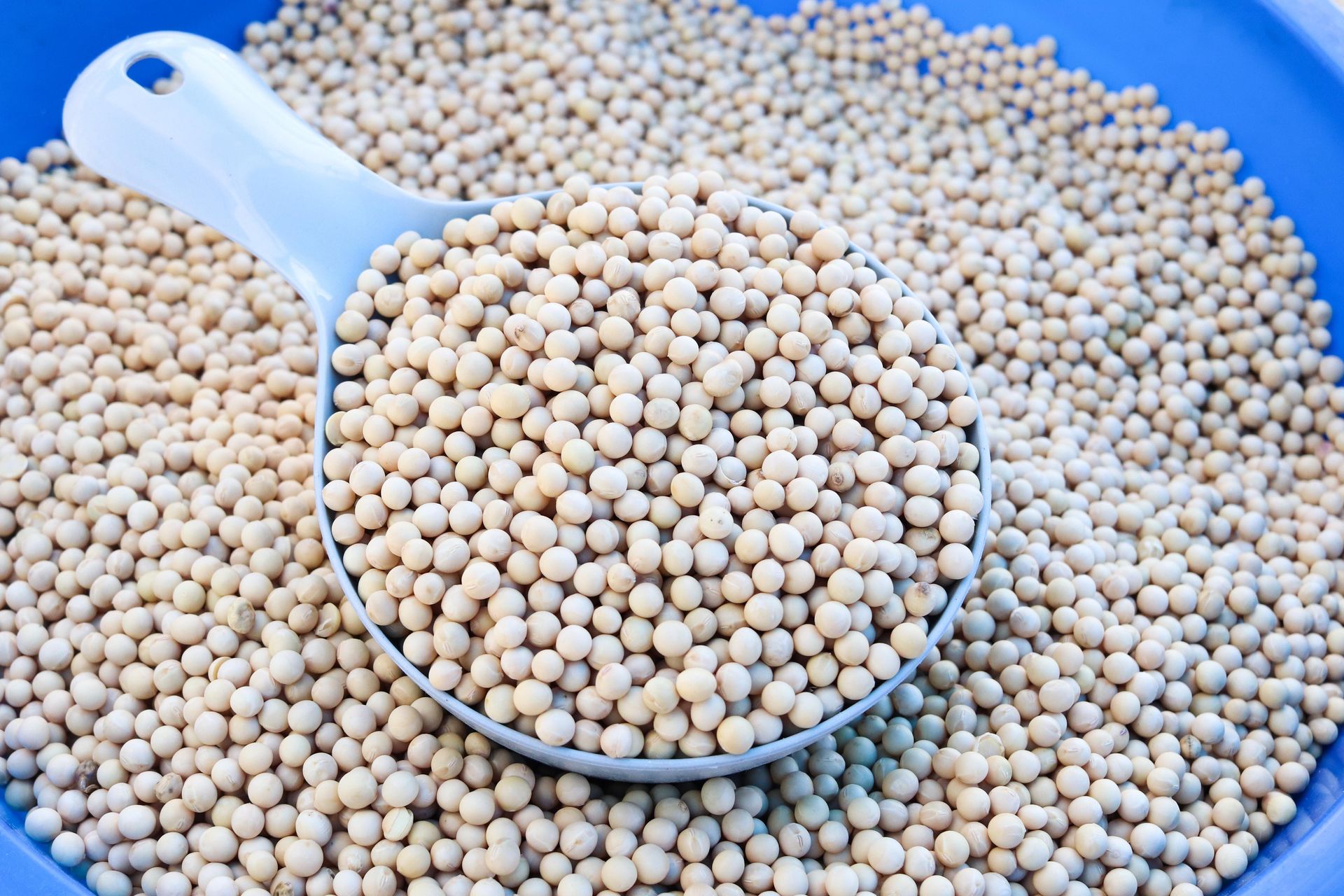In 2012, the EU Commission approved the import and distribution of foodstuffs with a specifically genetically modified soybean that was insect- and herbicide-resistant. The authorisation is only for importing and distribution, not for cultivation. In the EU, there are currently about 60 import clearances for genetically modified foodstuffs. This controversial soybean is grown in South America. Over 60 percent of the EU’s demand for plant-based proteins, especially soybeans and soy flour, is covered through imports from countries where genetically modified soy is primarily cultivated.
Before the European Food Safety Authority (EFSA) approved imports, it presented a scientific argument that states that in comparison to conventional soybeans, there are no elevated dangers for the environment and to human and animal health. But cultivation needs to be carried out with care, and particularly regarding the use of glyphosate, so that its impact on the environment can be kept equal to or even lower than in conventional soy cultivation. The development of biodiversity in the surrounding areas as well as the development of possible resistance to glyphosate in weeds also needs to be observed in order to gain new scientific insights.
Re-examining the Authorisation
Shortly after the approval, the appellants at the EU Commission ordered a new internal review of the decision. This request was denied, at which point NGOs presented an action for annulment. The appellants argued on their end that the EU Commission hadn’t sufficiently investigated possible health risks before issuing their approval. Assuming that the modified soybean was equal to conventional soybeans was erroneous, and an inspection of any possible health effects should have been implemented. Therefore they requested a new inspection of the authorisation. The General Court of the European Union (EGC) had already denied the request in 2016. Now, the European Court of Justice has denied the request for new inspections again. The judges in Luxembourg maintained the EuG’s argumentation from 2016, according to which NGOs must forward all factual and legal aspects that could give rise to considerable doubts as to the admission. All these aspects would have to have been presented during the request for internal inspections.
The approval procedure for GMO’s has been regulated on EU level since 2003 by means of the Regulation on genetically modified food and feed. Requests for approval must be filed to the competent authorities of the Member States. The EFSA then conducts a risk assessment, which then forms the basis for the EU Commission’s decision on whether approval will be given or not. If approval is given, then member states can still individually decide whether they want to allow the cultivation or use of the genetically modified crops in question in the food industry within their own territory. Furthermore, there’s also required labelling for seeds, foodstuffs, and other processed foods that were made with genetically modified organisms. Within the EU, foods with genetically modified ingredients are only on the market in limited quantities.
About the Author:
Dr. Béatrice Schütte studied law in Hamburg and Bordeaux. She completed her doctorate at the University of Aarhus in 2014. Her main areas of research are comparative law, liability law, private international law and EU law. She also loves foreign languages.

